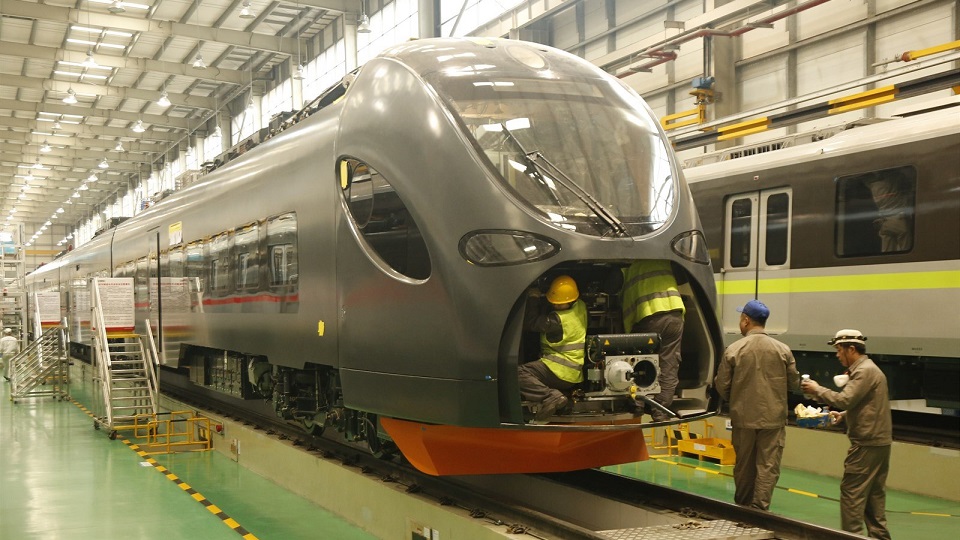Unife wants to exclude China from European rail tenders

The Association of the European Rail Industry (UNIFE) warns of the possible challenge for European rolling stock manufacturer after the purchase of the Vossloh Locomotives business unit by CRRC. If the deal will be approved, the EU railway market will be open for the largest Chinese train supplier while the Chinese market has a lot of restrictions for the European manufacturers. UNIFE recommends the European Institutions to provide a real level-playing field and fair conditions between the European and the Chinese rail supply industry.
In its statement, UNIFE notes that the accessibility rate of the Chinese railway market fell from 63 to 18 per cent in less than eight years. “The access to the Chinese market has become increasingly restricted or effectively non-existent for European rail manufacturers. Chinese state-owned rail suppliers have become major competitors in all product segments and on all continents, including Europe,” the association reports.
The unequal opportunities of the European and the Chinese rail supply industry are facilitated by the ‘Made in China 2025’ policy provided by the Chinese government. It aims to stimulate local production and strengthen the country’s position as a ‘manufacturing superpower’. Moreover, this practice restricts the options for foreign suppliers including the European ones to enter the Chinese market. UNIFE points out that the European rail supply industry employs 400,000 people. Therefore, “it is crucial for the European Union to rise to this challenge and immediately ensure the conditions for open but fair trade relations between the EU and China in the rail sector”, the organisation sums up.
International Procurement Instrument
At the same time, UNIFE calls once more on the Council and the European Parliament to pursue and finalise the discussions on the International Procurement Instrument (IPI). The association regards this mechanism as an instrument for creating the level-playing field and opening new market opportunities for European suppliers in China and worldwide. IPI should include specific rules for the exclusion of non-European state-owned enterprises from EU procurement.
The European Commission has already made some steps in this direction. On 24 July it adopted the Guidance on the participation of third-country bidders and goods in the EU procurement market. According to the document, the Chinese economic operators do not have secured access to procurement procedures in the EU and may be excluded from tenders, since China has not signed up to now with the EU any binding international agreements that would ensure reciprocal opening of the procurement markets on both sides.
UNIFE also calls on the European Commission to publish before the end of the year a report identifying how to fill existing gaps in EU law to fully address the distortive effects of foreign State ownership and State financing in the internal market. Regarding the EU-China Investment Agreement, the association appeals to the EU officials to obtain before the end of the year a revised market access offer from China including manufacturing and addressing the barriers to market access faced by the European rail supply industry.




